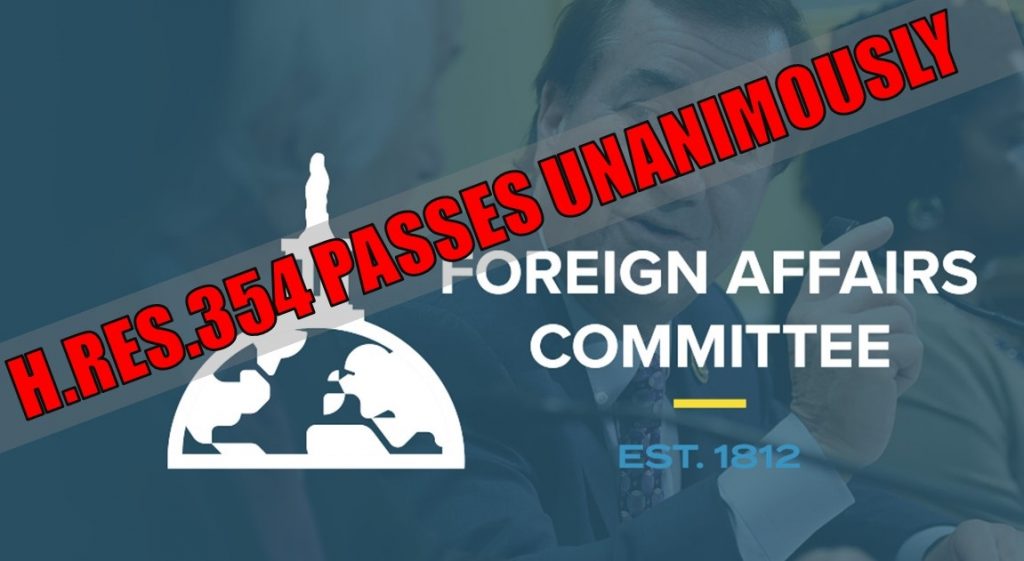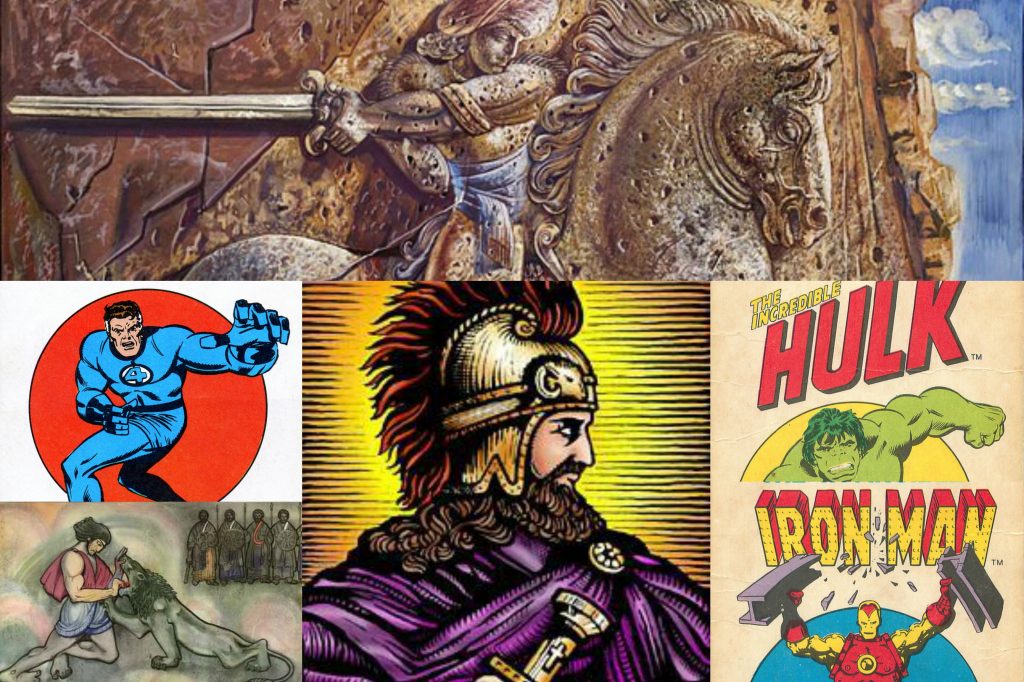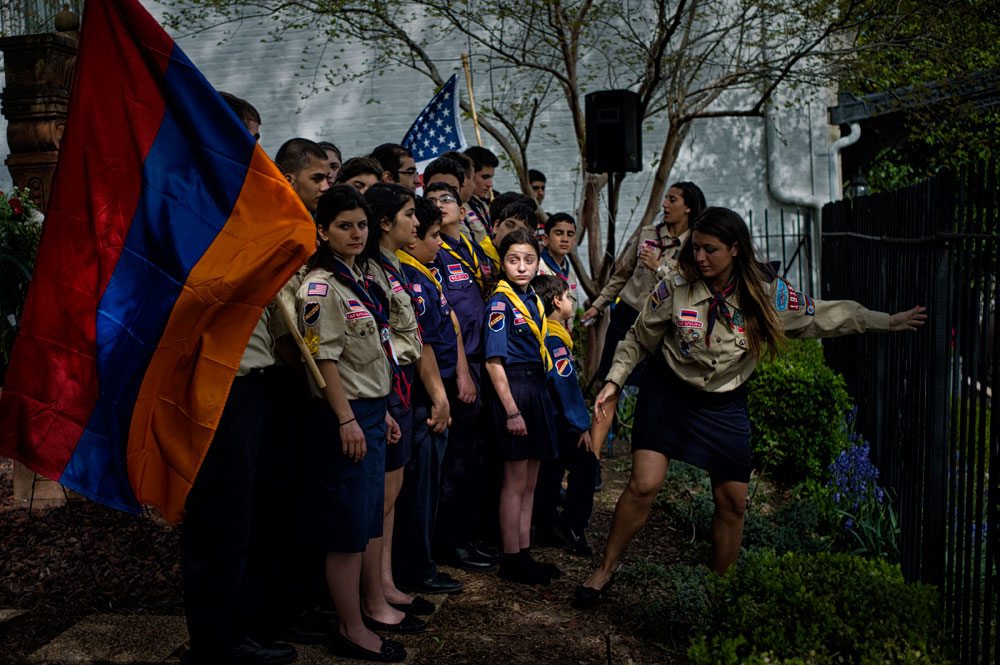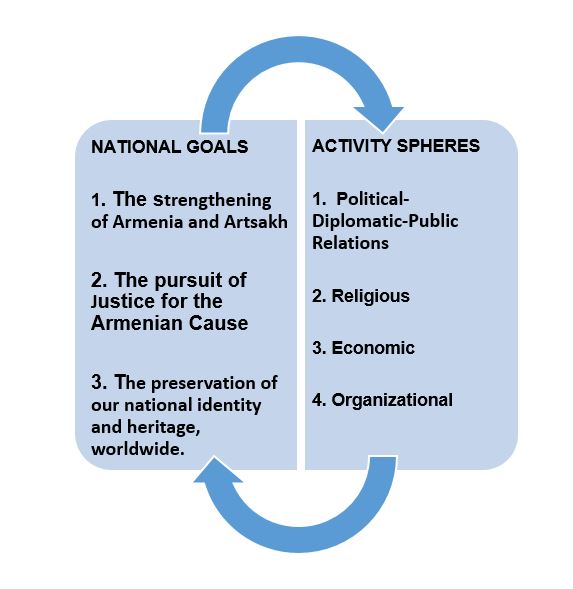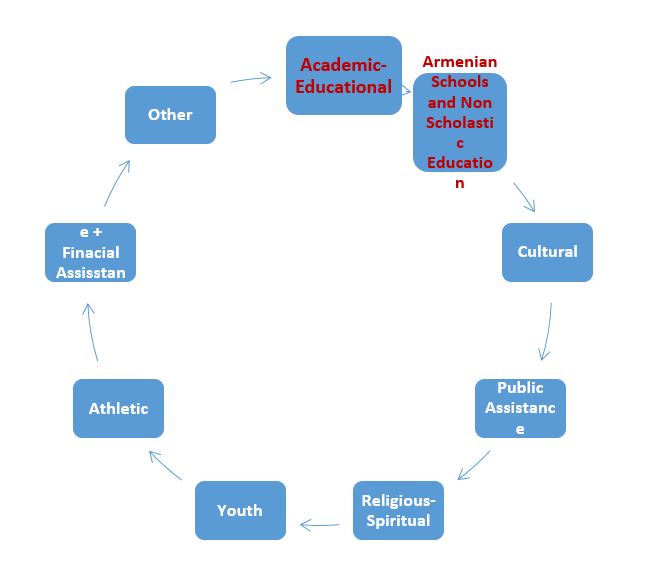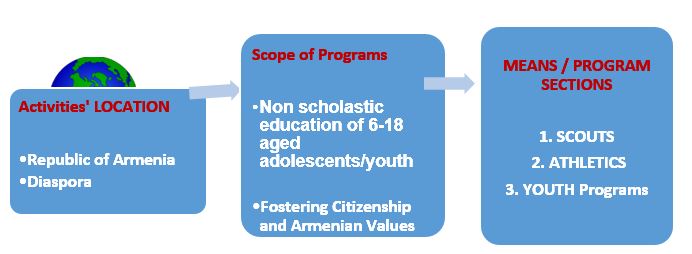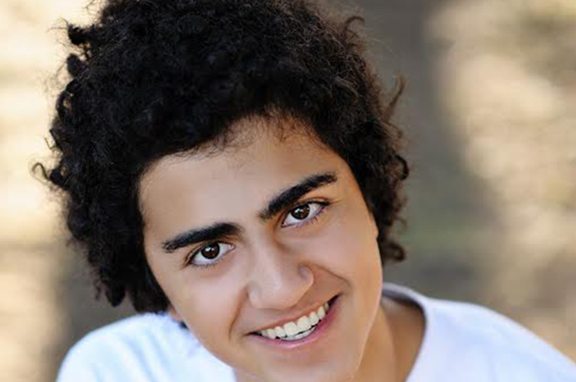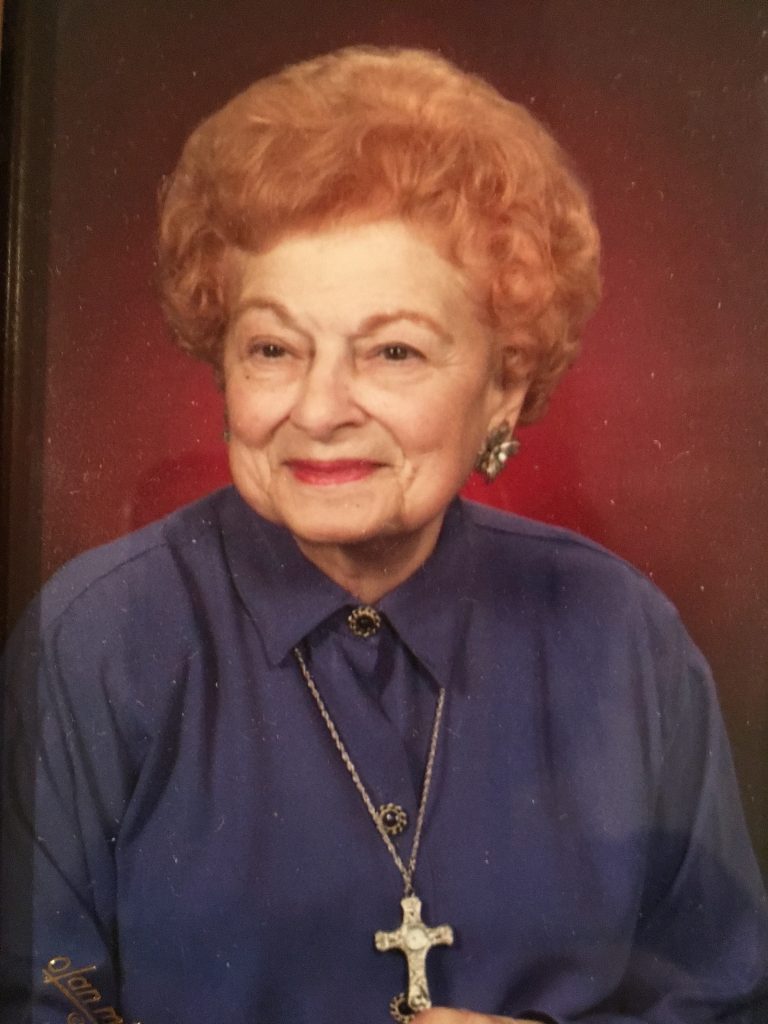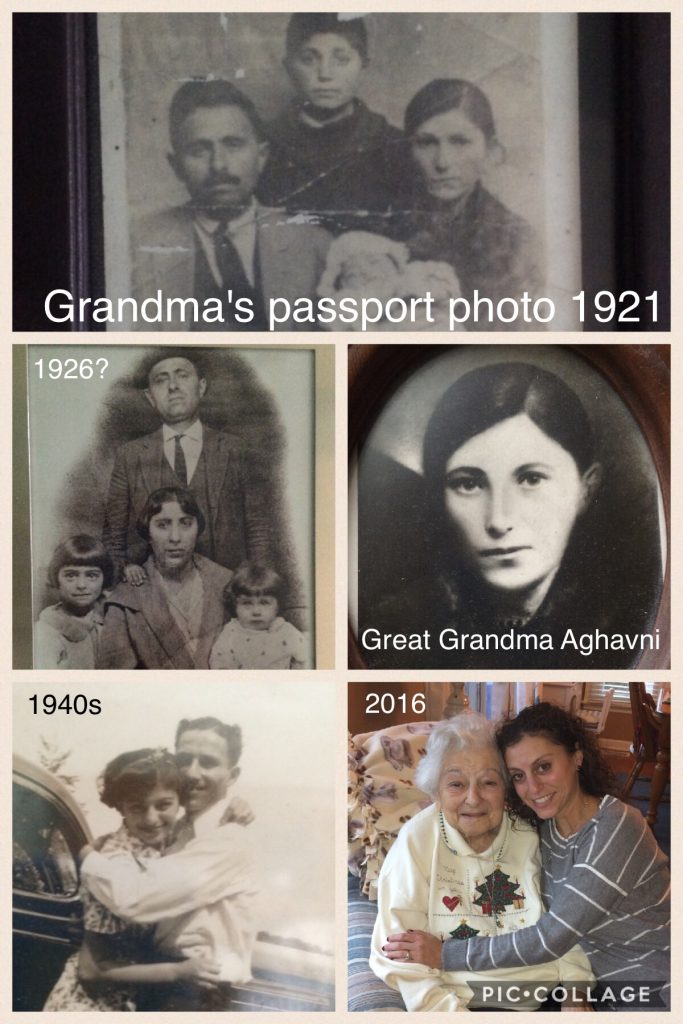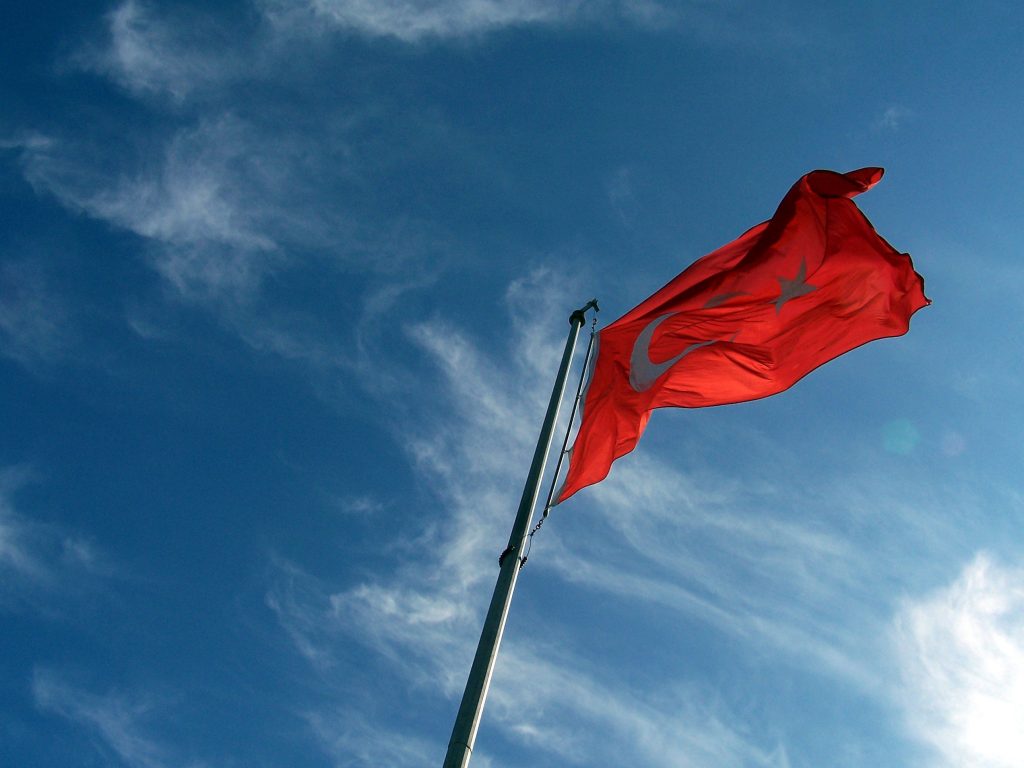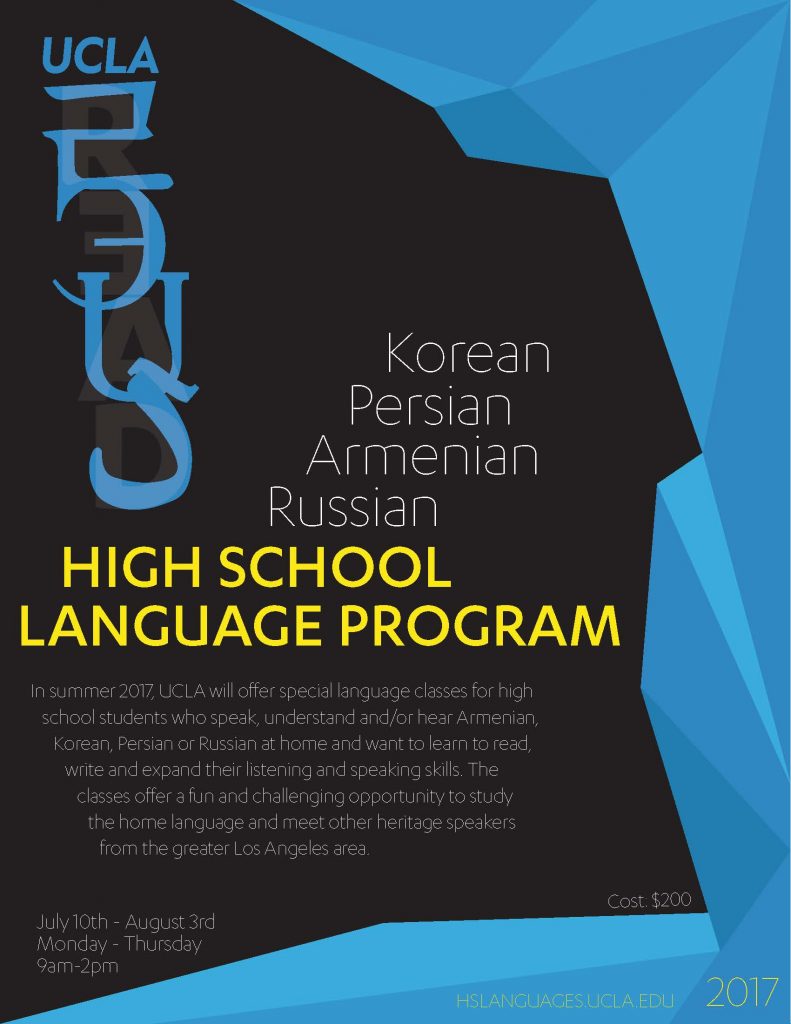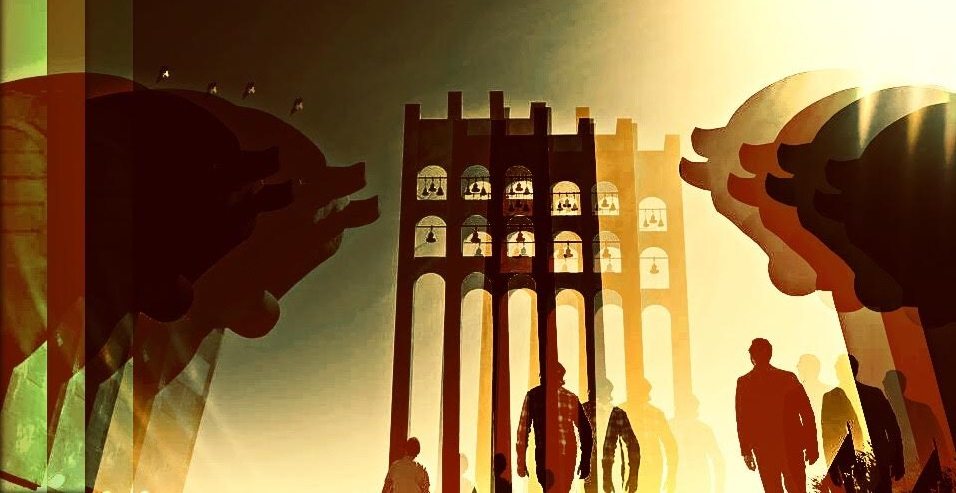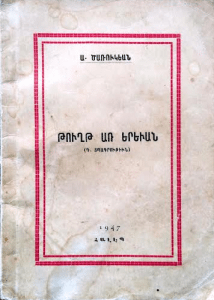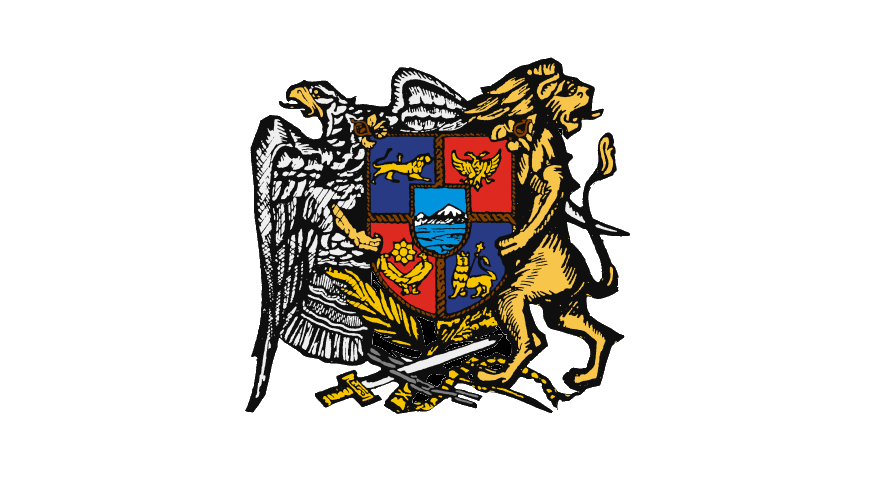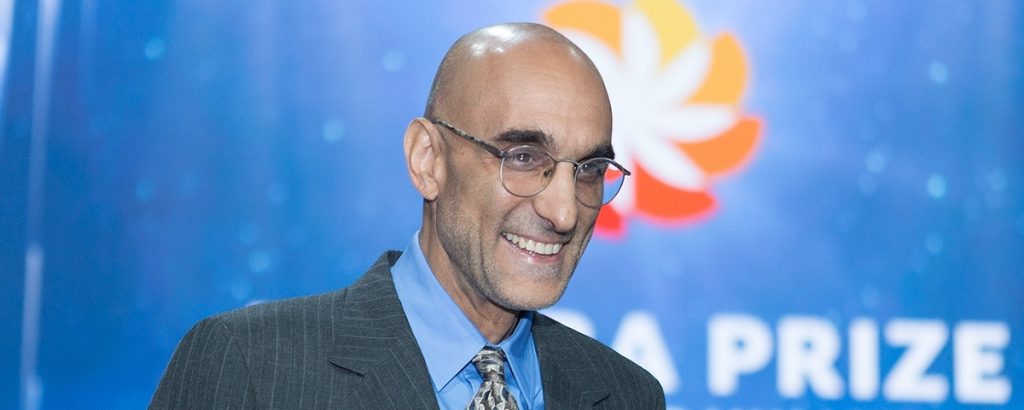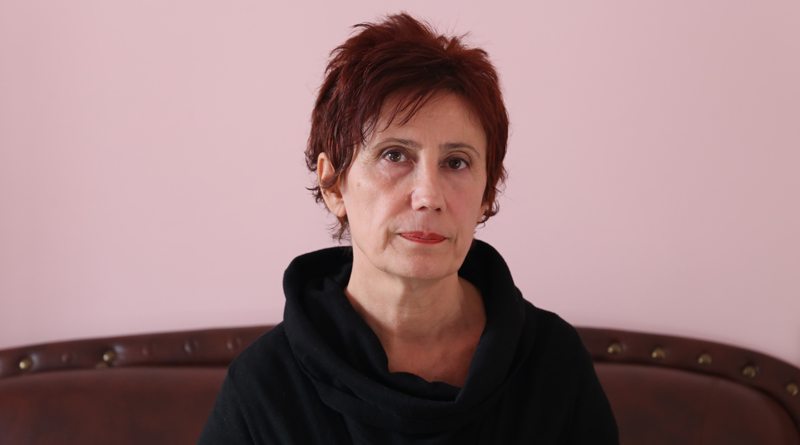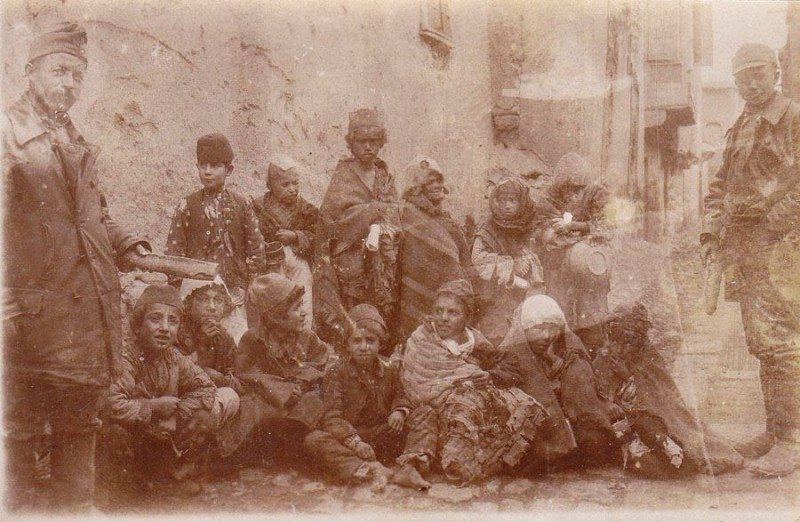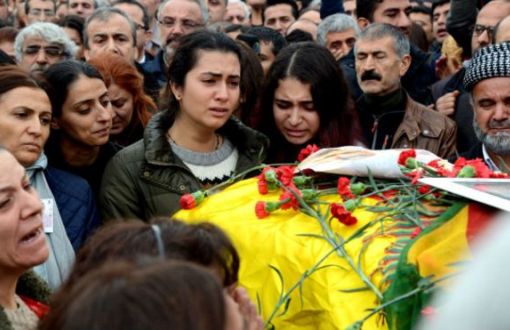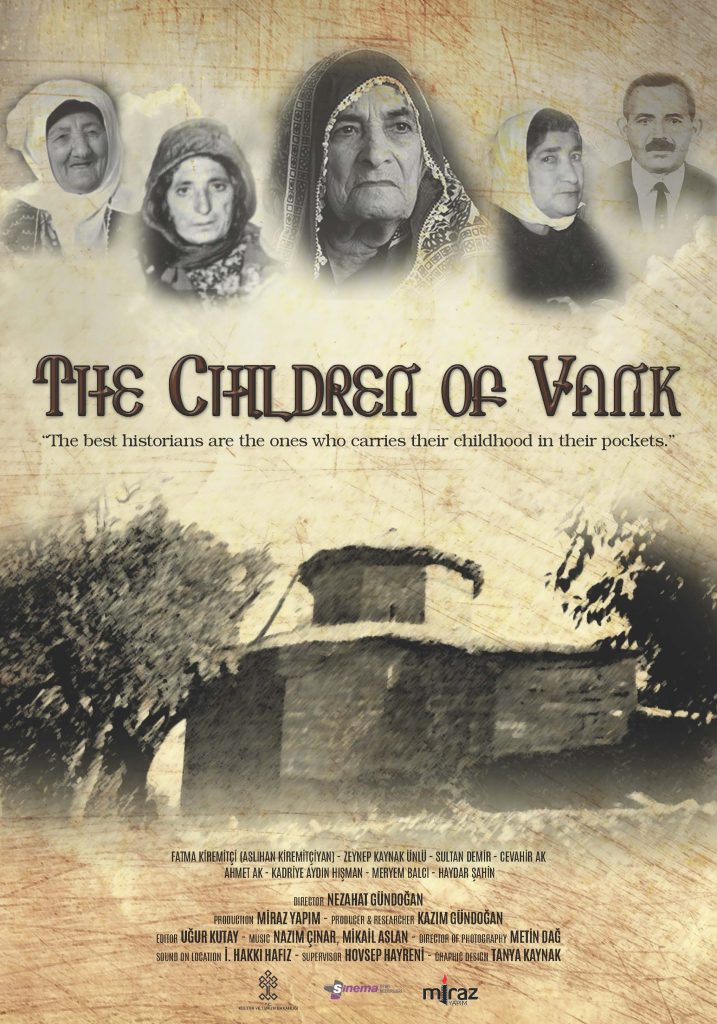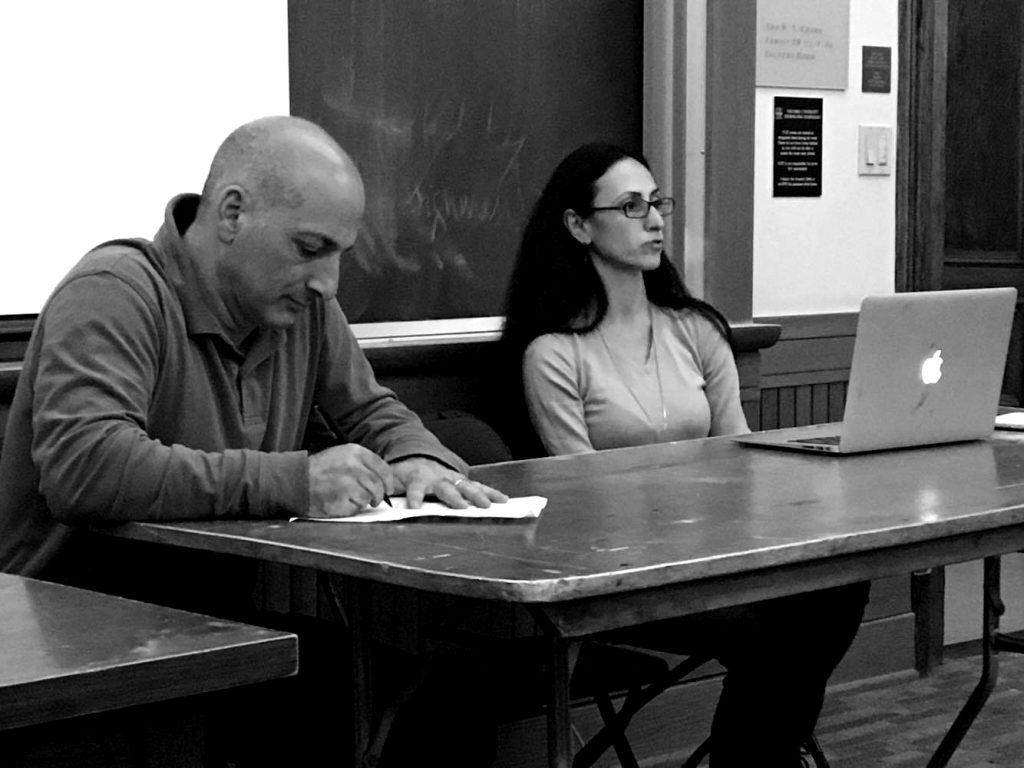Waning Compassion, Lack of Competent Leadership and Skepticism in One’s Ability to Make a Difference Drive Decline in Humanitarian Support; Pessimism Buoyed by Confidence in Millennials to Take Future Humanitarian Action
YEREVAN—A new international study released on May 25, the 2017 Aurora Humanitarian Index, revealed support for humanitarian action is on a steep decline and there is an overwhelming lack of confidence in world leaders to address the refugees crisis.
Results from the Index, which surveyed nearly 6,500 people in 12 countries, were compounded by the fact that only nine percent of individuals believe their actions can make a difference in solving the global refugee crisis. For the second year in a row, terrorism is cited as the undisputed top humanitarian issue at 63 percent, followed by the widening gap between the rich and poor, hunger, climate change and forced migration.

Founded on behalf of the survivors of the Armenian Genocide and in gratitude to their saviors, the Aurora Humanitarian Initiative seeks to empower modern-day saviors to offer life and hope to those in urgent need of basic humanitarian aid and thus continue the cycle of giving internationally.
The annual public opinion survey gauges attitudes towards humanitarian issues worldwide, the effectiveness of humanitarian intervention, and individuals’ motivations to intervene on behalf of others. A bright spot in the 2017 Index showed youth outpacing their older counterparts, showing greater openness toward and support of refugees, and willingness to take humanitarian action.
“The sense of apathy towards humanitarianism today highlights an urgent need for engagement in every sector,” said Ruben Vardanyan, Co-founder of the Aurora Humanitarian Initiative (AHI) and United World College at Dilijan. “However, this negativity is counter-balanced by the incredibly positive attitudes of youth towards humanitarianism and the individual impact on the refugee crisis. All of us need to educate and motivate the young people around the world so they not only understand their capacity for meaningful impact, but are inspired to act upon it.”
Key findings from the 2017 Aurora Humanitarian Index commissioned by the Aurora Humanitarian Initiative, a non-profit organization committed to building a global humanitarian movement to empower modern-day saviors, include:
- Confidence in individual impact on humanitarian action is low:
- Only nine percent of respondents feel they can make a difference in solving humanitarian issues.
- Although 56 percent of respondents are upset upon hearing the hardship that Syrian refugees are experiencing, 51 percent feel they are unable to make a meaningful impact.
- Support for humanitarian action is declining:
- Though a majority of respondents agree refugees deserve help, only 37 percent would welcome refugees into their own countries.
- 42 percent of respondents feel their countries have already taken in too many refugees.
- Respondents across the 12 countries identified Germany, France and the U.S. as the countries accepting the highest number of refugees. In actuality, Pakistan, Iran and Turkey have permitted the most refugees into their countries worldwide.
- Isolationism and nationalism extend beyond politics:
- 34 percent of respondents agree that immigrants make their country a better place to live, yet one-third view migrants as a threat to their religious beliefs.
- 44 percent of respondents feel their country is threatened by ethnic minorities. This figure rises significantly in the UK (56 percent); Kenya (56 percent); Turkey (55 percent); and France (54 percent).
- There is a crisis in competent leadership:
- 32 percent of respondents could not identify a leader capable of addressing the refugee crisis.
- United States President Donald Trump (33 percent) and German Chancellor Angela Merkel (31 percent) are perceived as the leaders best positioned to provide solutions to the refugee crisis today, a sharp decrease from the 46 percent of respondents from the 2016 Aurora Humanitarian Index that perceived then U.S. President Barack Obama as most capable.
- Despite their distinctly different views, Pope Francis of the Roman Catholic Church, British Prime Minister Theresa May, and Syrian President Bashar al-Assad are all equally believed by only 15 percent of respondents as being best positioned to provide solutions to the refugee crisis.
- Every sector surveyed are perceived as doing less in 2017 to address the Syrian refugee crisis than one year ago, as reported in the 2016 Aurora Humanitarian Index. The media, international communities, respondents’ governments and developed countries suffered the most significant decline in perceived action since 2016.
- The European Union and the United Nations are perceived as the most capable bodies to address the ongoing crisis, but confidence in global organizations across the board has declined since 2016.
- Hope lies with the next generation of humanitarians:
- Overall, younger people are more positive and confident in their capacity for impact, with 68 percent of respondents aged 18 to 34 years agreeing that refugees deserve help, and 47 percent wanting to help Syrian refugees.
- Younger respondents value diversity, with 29 percent of respondents agreeing it is better for a country if everyone shared customs and traditions.
- Of those surveyed, respondents aged 18 to 34 years are the most likely to take action to address the refugee crisis in the next 12 months.
The global survey, led by research partner Kantar Public and interpreted by academic partner Université Libre de Bruxelles, was fielded between February 21 and March 19, 2017. Interviews were conducted with 6,466 individuals in 12 markets, up from six markets surveyed in the inaugural 2016 Index.
“The results from this year’s Aurora Humanitarian Index compel the Aurora Humanitarian Initiative to continue its mission to celebrate and empower those who offer life and hope to this in need, inspire those individuals who have been saved to become saviors themselves, and rekindle hope in humanity,” said Noubar Afeyan, co-founder of the Aurora Humanitarian Initiative. “Each of the five 2017 Aurora Prize for Awakening Humanity finalists are brilliant examples of the deep and meaningful impact a single person can have on the world.”
The 2017 Aurora Humanitarian Index will be presented on Sunday, May 28 in Yerevan, Armenia during the Aurora Dialogues, a platform for the world’s leading humanitarians, academics, philanthropists, business leaders and civil society to bring awareness to today’s most pressing humanitarian challenges. The weekend of events will culminate with the presentation of the 2017 Aurora Prize for Awakening Humanity, a global humanitarian award that recognizes modern day heroes and their exceptional impact on preserving human life and advancing humanitarian causes in the face of adversity. A panel discussion featuring Aurora Prize Selection Committee Members Gareth Evans, Hina Jilani and Mary Robinson, Kantar Public Methods Director Hayk Gyuzalyan, American University in Cairo Professor of Global Affairs and Center for Migration and Refugee Studies Ibrahim Awad, and RefugePoint Founder and Executive Director Sasha Chanoff will be live-streamed at www.auroraprize.com.
For more information about the survey results and the Aurora Humanitarian Index, visit here.
About the Aurora Humanitarian Initiative
Founded on behalf of the survivors of the Armenian Genocide and in gratitude to their saviors, the Aurora Humanitarian Initiative seeks to empower modern-day saviors to offer life and hope to those in urgent need of basic humanitarian aid and thus continue the cycle of giving internationally. The Aurora Humanitarian Initiative is Gratitude in Action. It is an eight-year commitment (2015 to 2023, in remembrance of the eight years of the Armenian Genocide 1915-1923) to support people and promote projects that tackle the needs of the most helpless and destitute, and do so at great risk. This is achieved through the Initiative’s various programs: The Aurora Prize for Awakening Humanity, the Aurora Dialogues, the Aurora Humanitarian Index, the Gratitude Projects and the 100 LIVES Initiative. The Aurora Humanitarian Initiative is the vision of philanthropists Vartan Gregorian, Noubar Afeyan and Ruben Vardanyan who have, already in the second year, been joined by several dozen new donors and partners. The Initiative welcomes all who embrace a commitment to our shared humanity.
The Aurora Humanitarian Initiative is represented by three organizations – Aurora Humanitarian Initiative Foundation, Inc. (New York), the 100 Lives Foundation (Geneva) and the IDeA Foundation (Yerevan).
Further information is available at www.auroraprize.com



